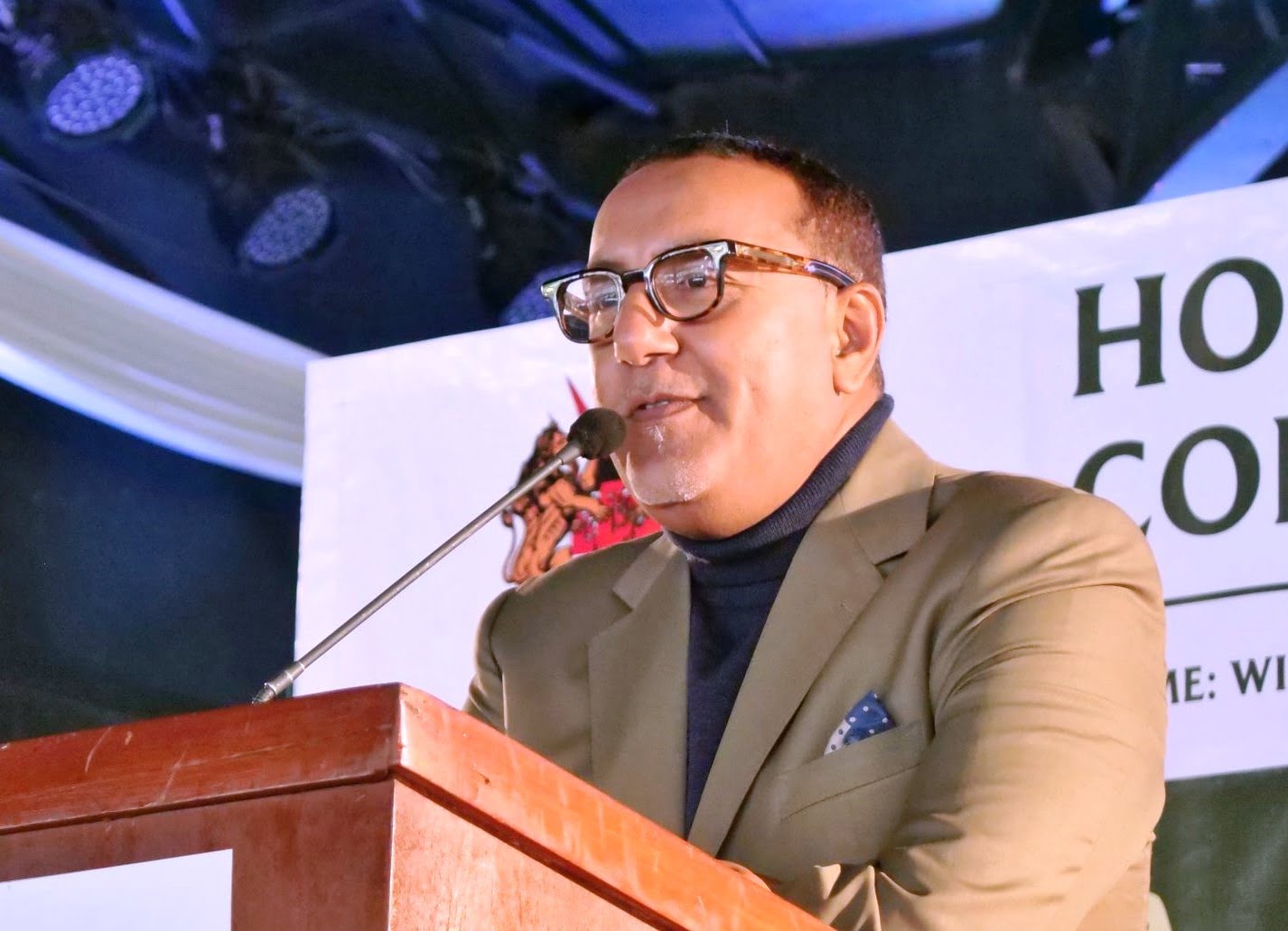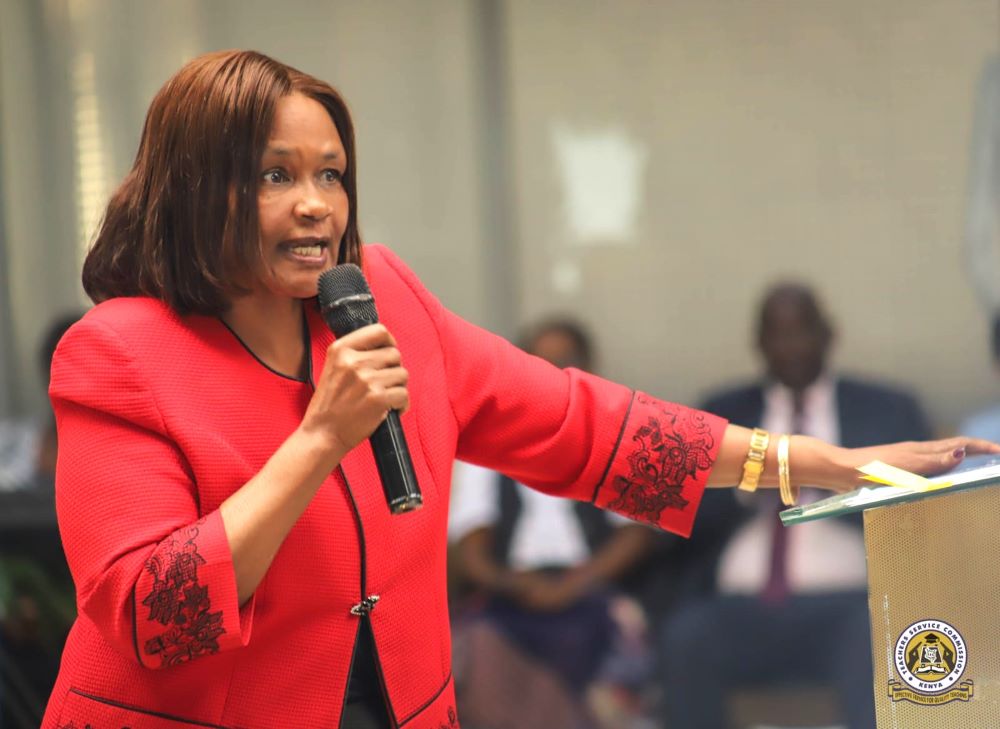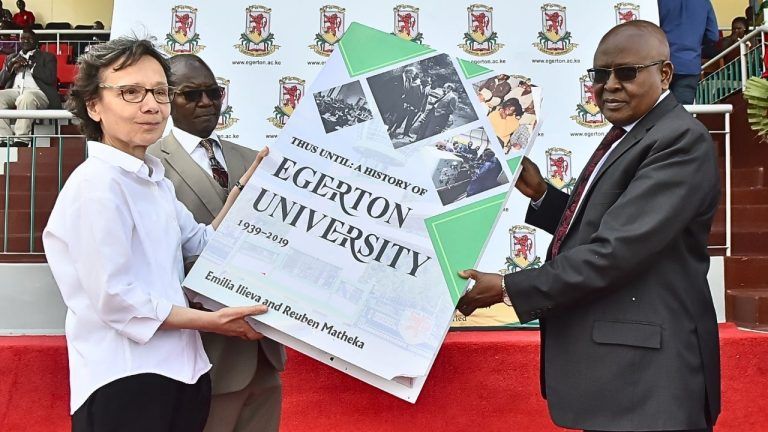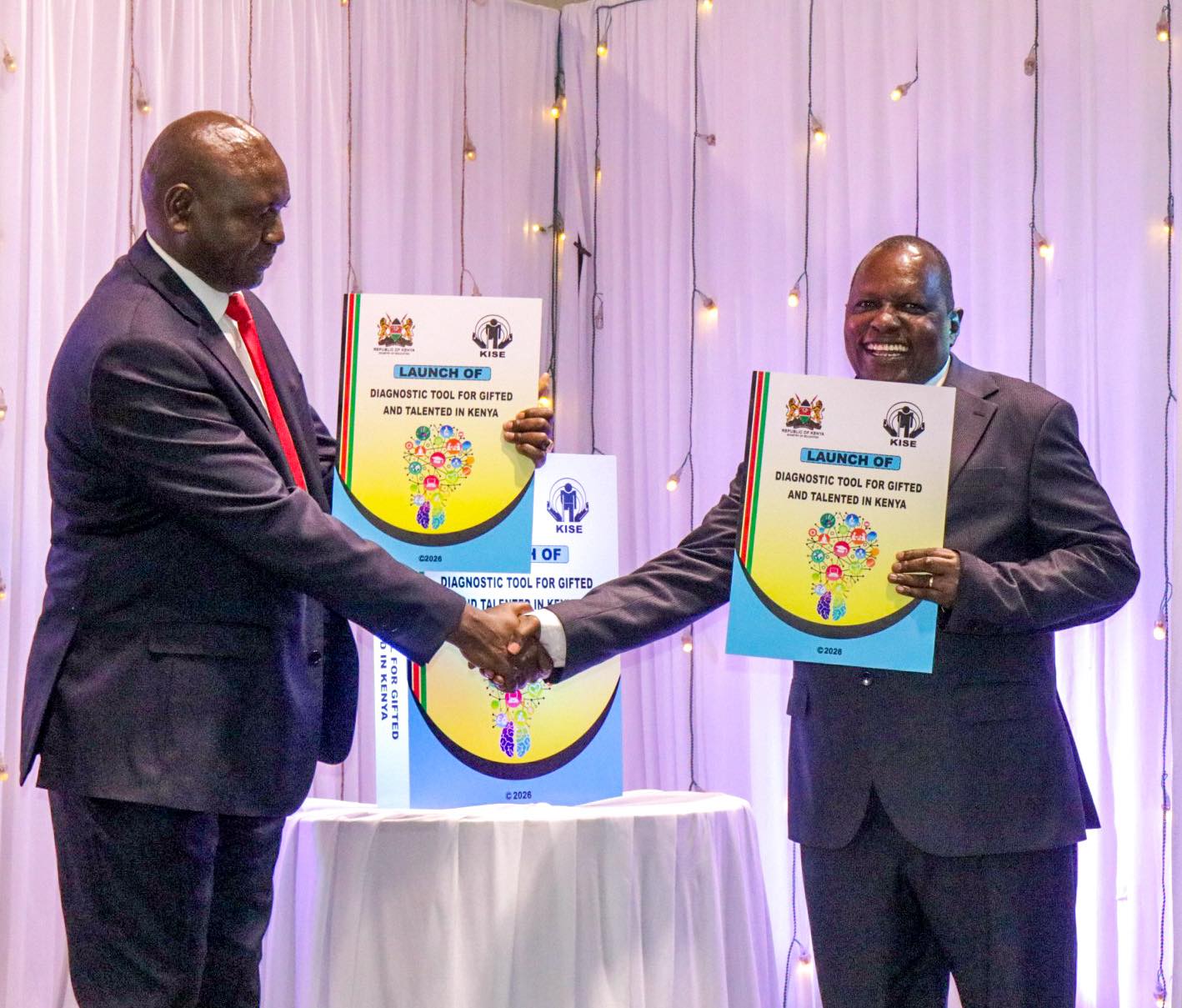By Yabesh Onwonga
The global commemoration of world Kiswahili day on 7th July 2022 is a welcome relief not only in Kenya but also in the entire African continent.
It’s a big win and gain to Kenyan language scholars, researchers, tutors, activists, policy makers, authors, publishers cum media houses.
The official announcement to commemorate the day was made by the United Nations Educational, Scientific and Cultural Organization (UNESCO) on November 23, 2021 during its 41st member states’ session in Paris, France.
Kiswahili has a motto of: Kiswahili for Peace, Prosperity and Regional Integration
Tourism Cabinet Secretary Najib Balala said the move by UNESCO is an historic one as Kiswahili is the first African language to be recognized and acknowledged by the United Nations.
Kiswahili has started to be made an official language in many African countries. Kiswahili has become a lingua franca in East, Central and Southern Africa as well as the Middle East.
South African Development Community (SADC) adopted Kiswahili as its fourth official language in 2019. Botswana and South Africa schools teach Kiswahili, in Burundi, Kiswahili has been made a compulsory subject from primary school level and Rwanda adopted it as an official language in 2017.
In Kenya, Kiswahili has been the national language since 1964 and was recognized as an official language in 2010. UNESCO notes that the late Mzee Jomo Kenyatta used Kiswahili through the use of the popular “Harambee” slogan in mobilizing the people of Kenya in the struggle against colonialism.
According to Global Voices, an international multi-lingual organization of writers, translators, academics and digital rights activists, currently there are more than 7,100 languages spoken around the world, 28 per cent of which are spoken on the African continent.
Kiswahili is taught in over 2,000 institutions across major universities and colleges globally. According to Piedmont Global Language Solutions, a US-based language services provider, approximately 90,000 people speak Kiswahili in US as more than 100 universities, colleges and schools offer Kiswahili as a course. These institutions include St. Lawrence University, Harvard University and Stanford University, just to name a few.
From Japan in the East to Mexico in the West, Kiswahili is taught in academic institutions.
Kiswahili has more than two million speakers and has threatened to trounce many languages.
With Kiswahili having its origins in the coastal town of Lamu and being a global lingua franca of the African continent with more than 300 million speakers, there is need for the political class to rethink our budgetary allocations on research and motivation of language tutors and scholars in boosting the global language.
According to scholars and language pundits, Kiswahili provides interesting issues regarding language policies, language planning, research areas like linguistics, anthropology, geography, archaeology, or even sociology.
Knowledge of Kiswahili and its many varieties is essential if one is working in the East African countries.
There are many benefits of knowing the Kiswahili language, including the fact that it serves as a good vehicle to African identity, culture and remarkable history and enhances the credibility of researchers interested in East Africa.
There have been calls for recognition of Kiswahili. Nobel Laureate Wole Soyinka, the Nigerian writer, poet and playwright has since the 1960s repeatedly called for the use of Swahili as the transcontinental language for Africa.
The African Union (AU) nurtured the same sentiment of continental unity in July 2004 and adopted Swahili as its official language. As former Mozambique president Joaquim Chissano put this motion on the table, he addressed the AU in the flawless Swahili he had learned in Tanzania, where he was educated while in exile from the Portuguese colony.
The highest political offices in East Africa began using and promoting Swahili soon after independence. Presidents Julius Nyerere of Tanzania (1962–85) and Jomo Kenyatta of Kenya (1964–78) promoted Swahili as an integral language to the region’s political and economic interests, security and liberation. The political power of language was demonstrated, less happily, by Ugandan dictator Idi Amin (1971–79), who used Swahili for his army and secret police operations during his reign of terror
Dr Josephine Dzahene-Quarshie, a Swahili professor at the University of Ghana said there is need to have a national structure to recognize heroes and experts who have moved Kiswahili to great heights.
The likes of the late Prof Ken Walibora, Prof Sheikh Nabhany, Prof Mwenda Mukuthuria,Prof Kimani Njogu,Prof Nathan Oyori Ogechi,Prof Issa Mwamzandi ,Dr Bitugi Matundura,Prof Hezron Mogambi, Prof Kendagor Mosol and the late Ahmed Nassir should be feted posthumously for their contributions.






